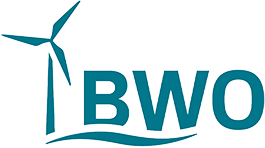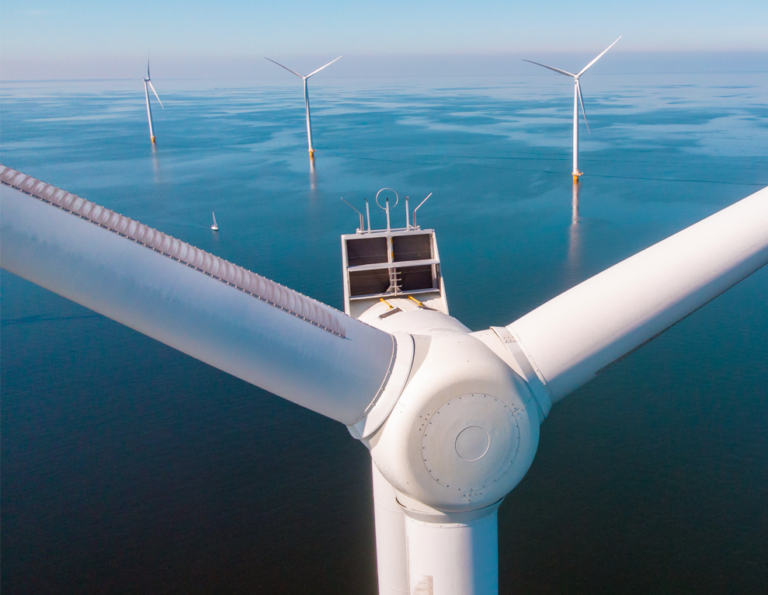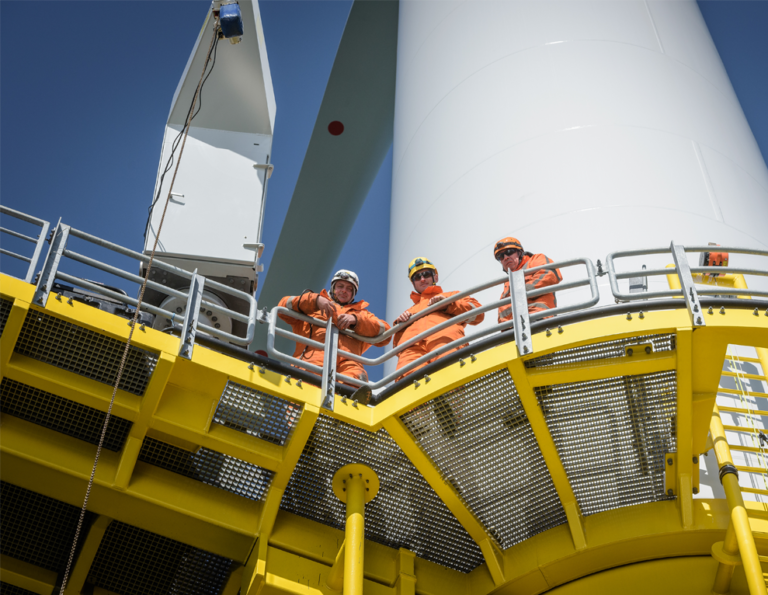"20 years EEG, 10 years offshore wind energy — what next?"
How do the framework conditions for offshore wind farms have to be adapted so that the expansion targets can be implemented cost-effectively? Johann Saathoff (SPD), Julia Verlinden (Bündnis 90 / Die GRÜNEN), Sven Utermöhlen (RWE Renewables) and Ulf Gerder (Wacker Chemie) answered this question at the 1st online breakfast talk of the Federal Association of Wind Farm Operators Offshore eV (BWO) together with 120 Participants to the bottom.
"Despite - or perhaps because of the Corona crisis - we have to stick to the expansion goals. The energy transition can contribute to the economic upturn. This also means that we take all measures to keep the costs of the energy transition as low as possible, ”explained Catrin Jung, Chairwoman of the BWO Board of Directors, during the welcome. "A few days ago, our Minister of Economic Affairs, Peter Altmaier, also told the EU energy ministers that, in his opinion, offshore wind should play an important role in economic reconstruction."
Verlinden and Saathoff made it clear that the legislative process to implement the political goals must start urgently. With a view to the reform of energy law decided by the Federal Cabinet yesterday, Verlinden said: “The government coalition does not paint a good picture in energy policy. Instead of deciding on simple measures with great effect, she only does small legal stuff. Although promised months ago, the government is not abolishing the solar cap with the proposed changes in energy law, nor is it increasing the targets for offshore wind energy. "
Johann Saathoff clearly had trouble defending the federal government's energy policy: “The 20 GW offshore wind has long been agreed in the Chancellery between the SPD and the Union, and we also often remind the Union of the necessary implementation. But we do not agree to accept the 1000 meter distance rule for onshore wind in return. Ultimately, we need both to meet the climate targets. "
The discussion was flanked by a keynote speech by Prof. Karsten Neuhoff (DIW) on contracts for difference. With contracts for differences, regulatory risks can be avoided - this reduces financing costs and increases competition. Negative deviations in the electricity market price from the bid price would be filled by the EEG surcharge; if there were positive deviations, the surpluses would be paid back to the EEG account. "This is a fair deal for investors in renewable projects and for electricity customers, which lowers the electricity production costs by around 30 percent in the long term," says Neuhoff.
"The introduction of contracts for difference would simply be a win / win solution here," said the deputy chairman of the BWO board, Sven Utermöhlen. “The higher investment security would increase the probability of the projects awarded. At the same time, electricity generation costs fall. This relieves the end consumer and strengthens the competitiveness of German electricity prices. "
Saathoff assured the industry that the SPD would support it: “The SPD has spoken out in favor of contracts for differences, since we consider the diversity of actors and the inclusion of smaller companies to be elementary. It is important that repayments into the EEG account are possible. "
Verlinden also confirmed that she sees many advantages in the system of contracts for difference and that there is a special need for action against the background of the corona pandemic: “We are now in the special situation that we are currently discussing a lot about economic stimulus programs. A double benefit can arise here by relying on future projects. The worst would be if we lock-ins in the fossil fuel world. If economic stimulus and investment programs are written now, they have to contribute to the climate targets. "
In addition, topics such as the effects of the Corona crisis on the offshore wind industry, the contribution of wind energy at sea to a CO2-neutral hydrogen economy as well as the electricity needs of energy-intensive industries.
Ulf Gerder was critical of the latter: “The numbers we are currently talking about are actually far too low - we play with Lego, and we actually need Lego Duplo. In order to also decarbonise energy-intensive industry, we would actually need an increase in renewable energy of 10-30 GW per year. "
Contact person:
Head of Communications
Phone: + 49 (30) 28 444 650
Email: l.dettmer@bwo-offshorewind.de



